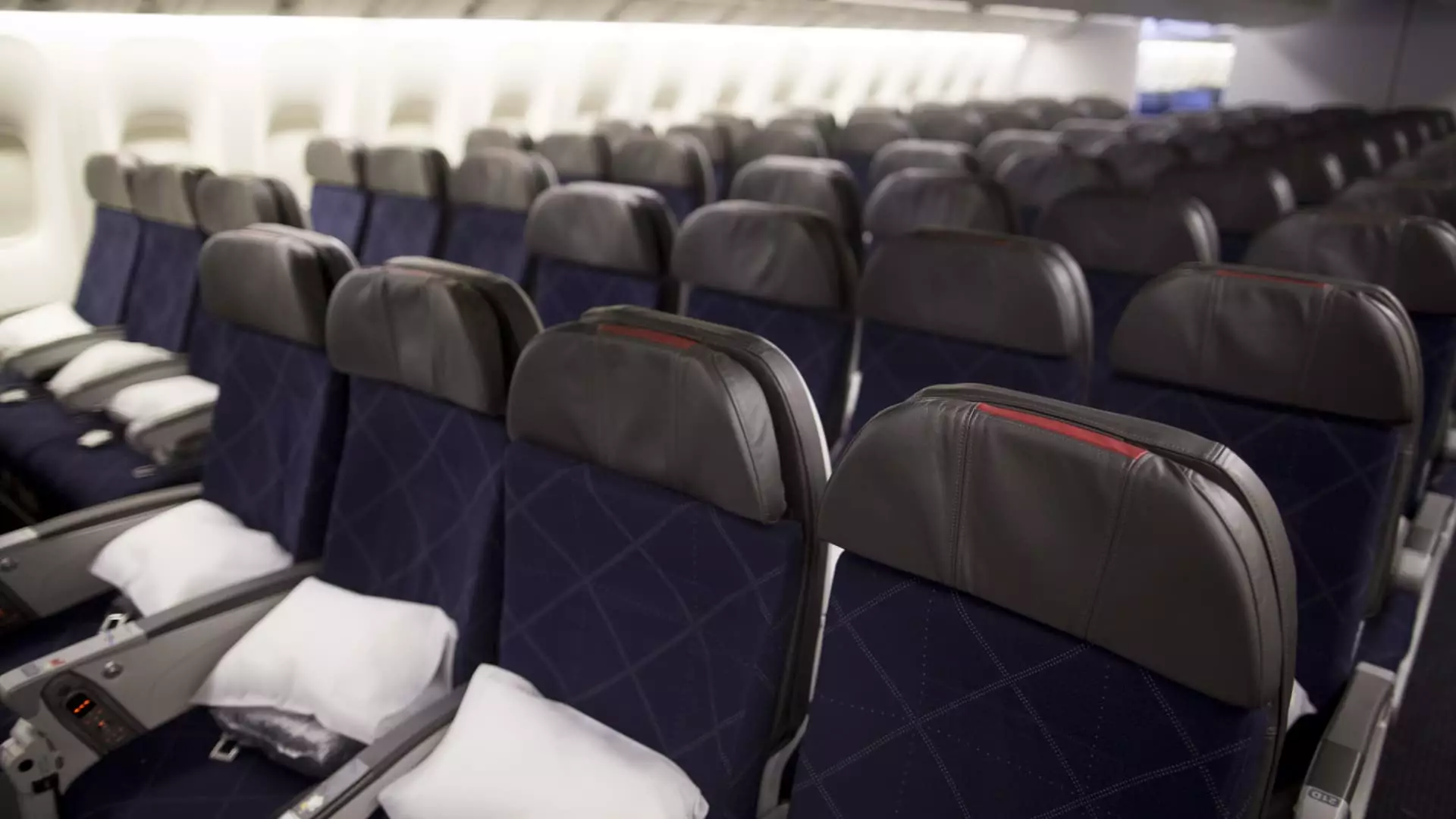In a climate where consumer advocacy is increasingly at the forefront, U.S. airline executives are preparing to address mounting scrutiny regarding their controversial seating fees during a Senate hearing. The backdrop to this event unfolds in a recent report by the Senate Permanent Subcommittee on Investigations, which highlighted that major carriers including American, Delta, United, Spirit, and Frontier amassed an astonishing $12.4 billion in seating fees from 2018 to 2023. This staggering figure raises fundamental questions about the fairness and transparency of airline pricing models and exposes the potential exploitation of consumers eager for a bit more comfort during travel.
Executives from these airlines are gearing up for a robust defense of their fee structures, which many have criticized as “junk” fees. Leading this charge, Stephen Johnson, American Airlines’ chief strategy officer, argues that their seat selection fees are purely optional, positing that they cater to customers who seek desirable seating arrangements—such as those located near the front of the plane or with added legroom. This rationale, however, invites skepticism. While it is true that these features enhance the travel experience, the substantial nature of these fees raises ethical questions about what constitutes fair pricing, especially for an industry that has historically relied on base ticket prices that included many services now stripped away.
The Role of Regulatory Oversight
The Biden administration’s pledge to combat these “junk” fees is indicative of a broader movement toward consumer protection in the airline industry. Some lawmakers are vocal about the need for transparency and a reevaluation of what consumers are entitled to at the point of ticket purchase. The shift away from inclusive pricing toward a segmented model that demands additional charges not only complicates the consumer’s decision-making but potentially compromises their ability to make fully informed financial decisions about travel.
Another layer to this complex issue is the way discount airlines like Spirit and Frontier have ushered in a new era of fee-based travel. These airlines have established a bare-bones model that forces even legacy carriers to adapt by offering their own stripped-down economy options. However, the repercussions of such a competitive atmosphere are significant. Marching towards profitability through ancillary fees, Spirit’s recent Chapter 11 bankruptcy filing serves as a cautionary tale, warning about the fragility of a business model heavily reliant on add-on fees amid a continuously evolving landscape and shifting consumer preferences.
The looming Senate hearing not only presents executives with a platform to defend their practices but also offers a critical juncture for the entire airline industry. As consumers advocate for more clarity and fairness in pricing, it becomes paramount for airlines to reconsider their fee structures. Transparency, ethical pricing, and a redefinition of consumer rights could enhance trust in an industry that has faced significant backlash for its current practices. The forthcoming testimonies from airline executives hold the potential to usher in fundamental change or, conversely, to reinforce long-standing practices that may no longer align with consumer expectations. In this evolving narrative, the implications extend beyond the airplanes themselves to the broader questions of accountability in corporate practices.

